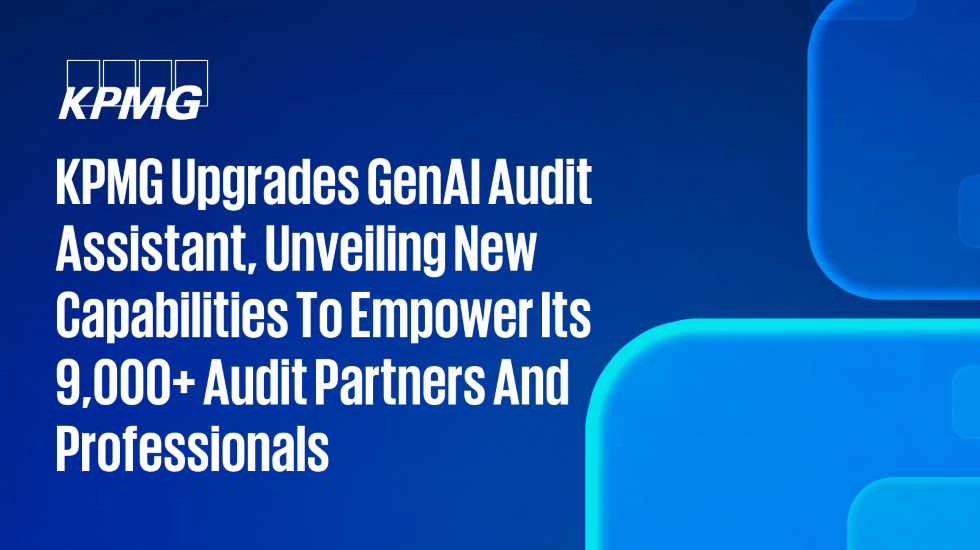- In the next three years, 100% of U.S. financial reporting leaders report they will be either piloting or using AI in financial reporting, up from 71% today.
- As for generative AI, 97% will be either piloting or using the technology in financial reporting in three years, up from 46% today. In fact, GenAI is the most prioritized technology among U.S. financial reporting leaders in the coming year.
- Survey finds the top five benefits of AI in financial reporting are real-time insights into risks, fraud, and control weaknesses (70%); lower costs (58%), ability to predict trends and impacts (57%), increased data accuracy and reliability (57%), and better data-enabled decisions (53%).
- In 2023, 61% of financial reporting leaders said that it was important for auditors to utilize AI in performing their analyses; today that number is 83%. Businesses expect their auditors to conduct a more detailed review of the control environment (66%) and assess their AI governance maturity (61%).
New York, May 8, 2024 – All U.S. financial reporting leaders surveyed report they expect to be piloting or using artificial intelligence (“AI”) in financial reporting within three years, and 97% expect to be doing the same with generative AI (“GenAI”), according to a new survey released today by KPMG LLP, the U.S. audit, tax, and advisory firm.
This new survey finds U.S. businesses will continue to invest more of their IT budget in AI-related activities, with GenAI being the top priority next year. Meanwhile, financial reporting leaders are focused on navigating risks by becoming AI ready and expect their external auditor to not only use AI and GenAI in the audit, but also use professional judgement to evaluate control environments. This includes conducting third-party attestation over companies' use of AI as well as providing insights on a company’s AI governance maturity.
“It’s clear that financial reporting leaders are rapidly accelerating investments to use AI and GenAI to not just gain efficiencies but create more value for their organizations by predicting trends and identifying emerging risks," said Scott Flynn, KPMG U.S. Vice Chair - Audit. “Understanding the range of complementary investments in cloud, data, and governance is critical for both financial reporting leaders and external auditors to mitigate risks from this rapid transformation.”
The findings come from KPMG’s latest survey, published in the report AI in Financial Reporting and Audit: Navigating the New Era. The survey was conducted among 1,800 companies across ten major markets. Key perspectives and findings from 300 U.S. respondents are highlighted below. They expand upon the findings from the October 2023 U.S. survey, AI’s Role in Enhancing Trust in Financial Reporting and the Capital Markets.



